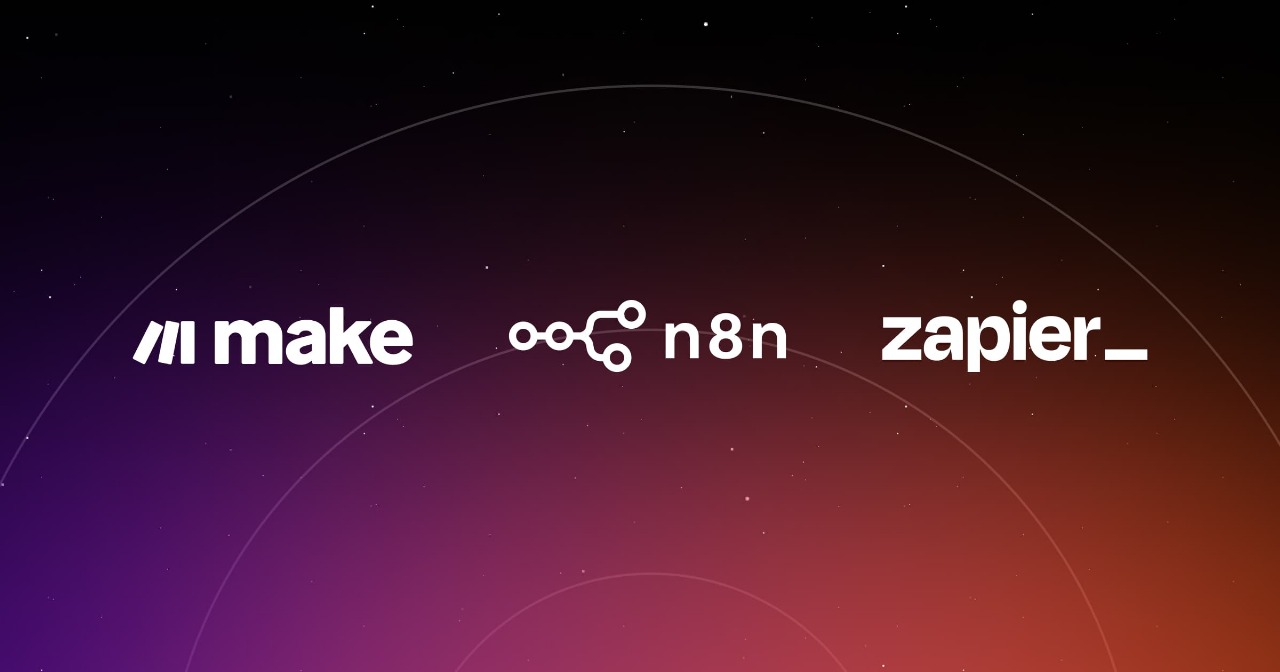After years of relying on Zapier and n8n for workflow automation, users are increasingly switching to Make—a visually intuitive, data-friendly platform. A recent announcement highlights Make’s superior handling of complex logic, real-time data flows, and scalable integrations, making it the go-to choice for modern business automation.
From Zapier and n8n to Make: The Automation Platform Shift That’s Redefining Workflow Efficiency
In a candid and insightful announcement published by XDA Developers, a long-time user of Zapier and n8n has declared a decisive shift to Make, citing limitations in traditional low-code platforms and the need for more robust, scalable automation. While Zapier and n8n have served as foundational tools for basic workflows and data transfers, the evolving complexity of business operations has exposed their constraints—especially in handling intricate logic, real-time data manipulation, and visual clarity.
Make, formerly known as Integromat, is gaining traction among automation professionals for its drag-and-drop interface, granular control over data paths, and ability to support advanced scenarios without requiring deep coding expertise. The platform’s modular design and real-time execution engine allow users to build, monitor, and optimize workflows with greater precision and transparency.
Key Highlights and Strategic Takeaways
- Why the Switch?
Zapier and n8n were ideal for basic automations, but users hit a ceiling when workflows demanded complex logic, branching, and real-time responsiveness.
- Make’s Edge
Make offers a highly visual interface, real-time execution, and detailed data mapping—making it easier to build and debug sophisticated workflows.
- Scalability & Flexibility
Unlike Zapier’s task-based pricing or n8n’s self-hosted complexity, Make balances affordability with enterprise-grade capabilities, appealing to both startups and large teams.
- Community Momentum
The switch reflects a broader trend in the automation community, where users are prioritizing platforms that combine ease of use with technical depth.
- Use Case Expansion
Make supports integrations across CRM, e-commerce, finance, and custom APIs—enabling users to automate not just internal ops but customer-facing processes.
- Future Outlook
As automation becomes central to business agility, platforms like Make are expected to lead the next wave of innovation, especially in AI-enhanced workflows and cross-platform orchestration.
This transition marks a pivotal moment in the evolution of automation tooling—where visual clarity, data control, and scalability are no longer optional but essential. For professionals seeking to future-proof their operations, Make is emerging as the platform of choice.
Sources: XDA Developers, ThatAPICompany, Zapier Blog.

